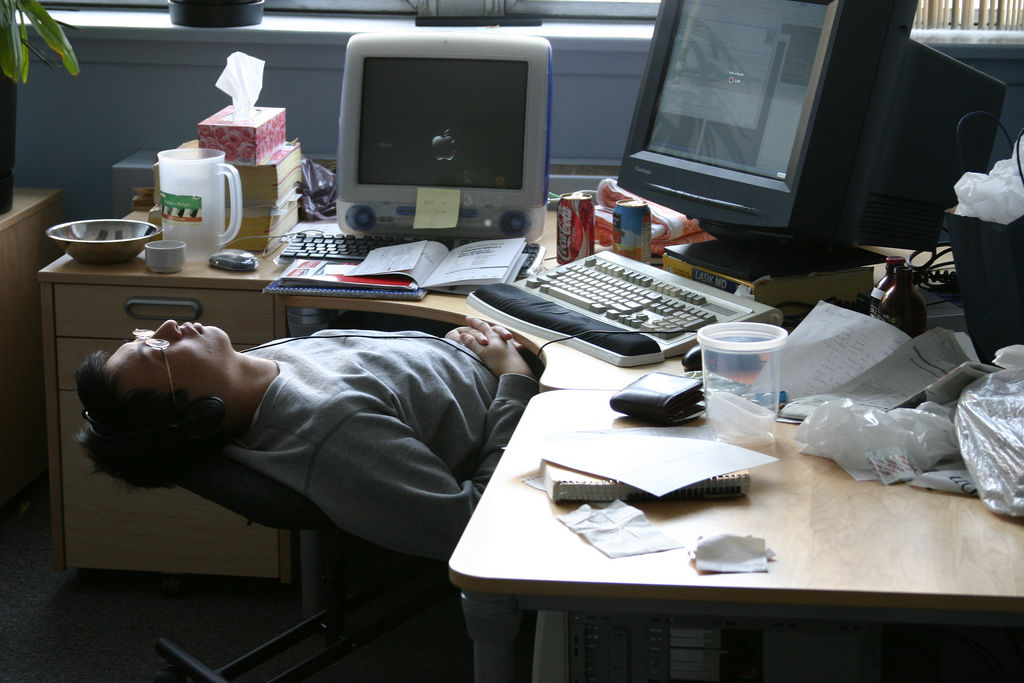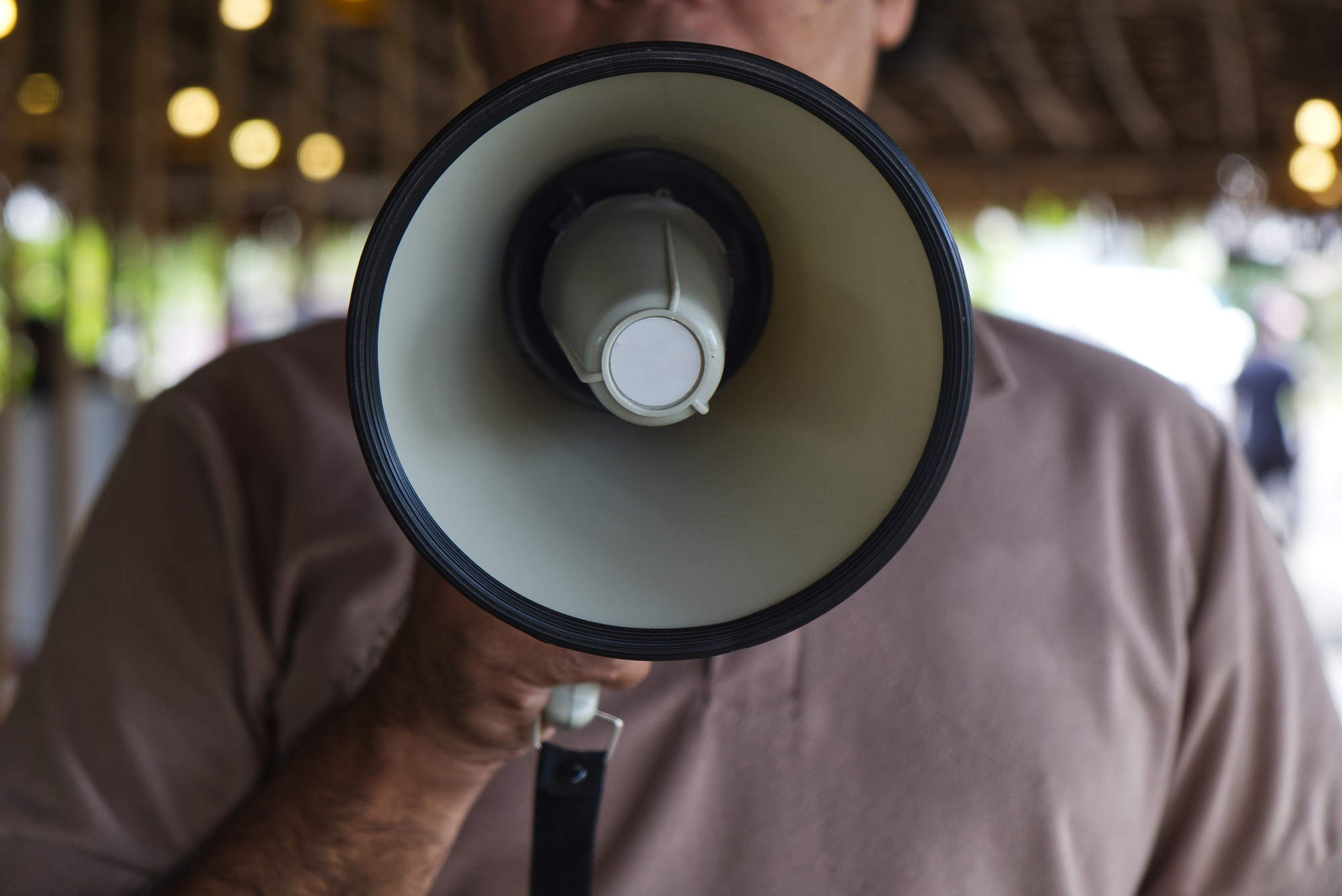Overworking the Western World
There’s no question that technology has caused Americans and others around the world to work more. It’s not uncommon for a typical white-collar job in the United States to come with a company phone, company iPad and company computer. All these devices contribute to increased work and work-related stress. Carol Olsby, a member of the Society for Human Resource Management’s expertise panel, states, “Technology allows us to work anywhere, anytime.” This culture of overworking is prominent in the United States and worldwide, and has detrimental effects for mental health.
In the United States for example, nearly half of all workers check their email after hours, and 45% say they do work during non-business hours. 44% of working Americans are kept up at night thinking about work, revealing that having two or three devices that get emails makes the average worker unable to unplug and unwind after work. The United States is third behind South Korea and Japan in percentage of employees who clock in more than 49 hours per week. In Japan, more than 20% of companies have staff that work more than 80 hours of overtime per month.
In Japan, “karoshi” translates to “death by overwork.” The country officially recognizes two types of karoshi: death from cardiovascular illness related to overworking, and suicide following work-related mental illness. Unfortunately, this term has been used to describe a recent incident. In December 2015 a young woman, Matsuri Takahashi, took her life after clocking 105 hours of overtime in one month at the Japanese advertising company, Dentsu. A year later her death was ruled to be karoshi, death by overwork. The president of Dentsu, Tadashi Ishii, plans to resign sometime this January. Regarding the incident with his young employee, he stated, ““It is extremely regrettable that we could not prevent overwork by a new recruit.” Dentsu is one of Japan’s largest advertising firms, employing 47,000 people in 140 countries, and suicides like Takahashi’s are raising awareness for how hard a toll excessive overtime takes on employees.
Japan’s Prime Minister, Shinzo Abe, is pushing employment reform that will hopefully help Japanese workers relax. The “Premium Friday” campaign allows all participating employees to leave work at 3:00 p.m. on the last Friday of the month to relax and enjoy their weekend early. The first “Premium Friday” is scheduled for February 24th, and some companies are already planning to participate. There are economic benefits to allowing Japanese workers more leisure time as well. Economist Toshihiro Nagahama predicts that private consumption will get a $1.6 billion boost on every Premium Friday, since Japanese workers will be out of the office and spending money travelling, shopping, and dining out. However, there is concern that employees will make up for the lost time on other days of the week, limiting the effectiveness of the campaign.
Japan and the United States are not the only countries dealing with overexerted employees. The Bangkok Post reported an overworked driver that abandoned his bus on the side of the road. Police and rescue volunteers found 48 stranded and disgruntled passengers, and had a difficult time finding the driver. The driver, Sakwarit Pawanthao, eventually returned with the bus attendant. He told police that his boss made him work several days in a row and that he was exhausted. The private bus operator, Inthra Tour Co, is facing a license suspension and 50,000 baht fine for overworking their employee. In France, a law was put into effect starting January 1st requiring all companies with more than 50 employees to be allowed to “unplug” after working hours. That means no reading emails or getting work calls during dinner for those living in France.
Japan and France have hopefully started a trend of being more aware how overexerting employees can affect their mental well-being. After all, a company is only as healthy as its employees. Although arguments for a shorter work week have been received as too extreme a change, perhaps smaller measures like the one in France could benefit American workers in meaningful ways.





